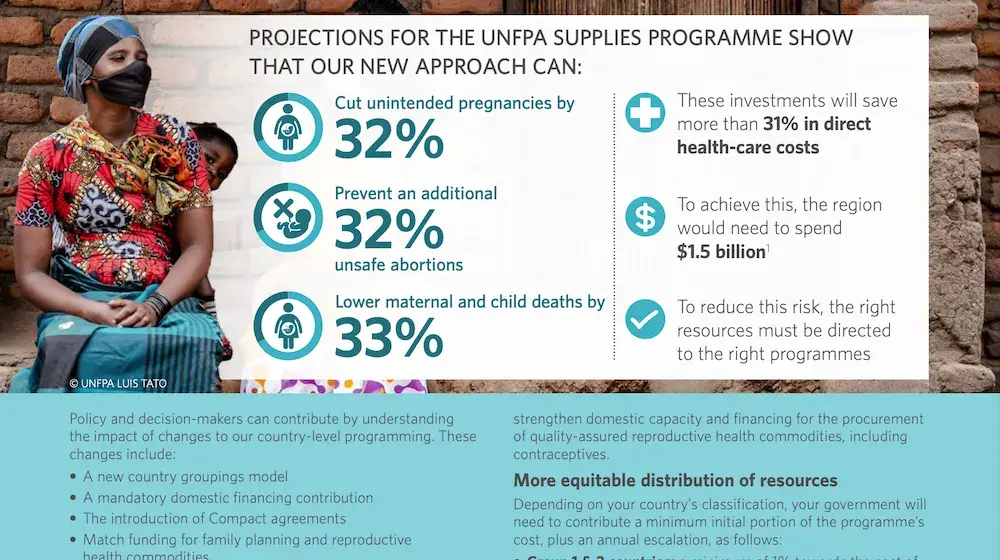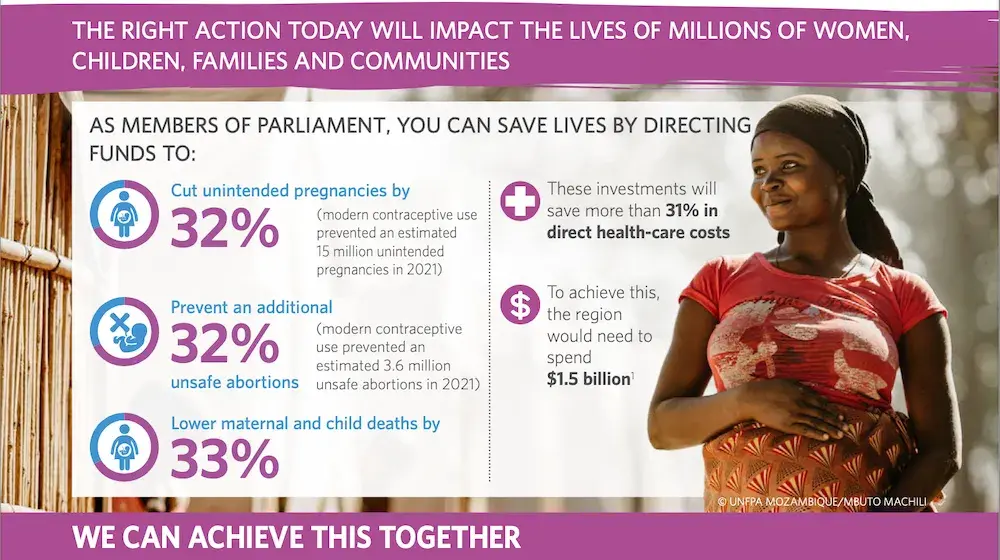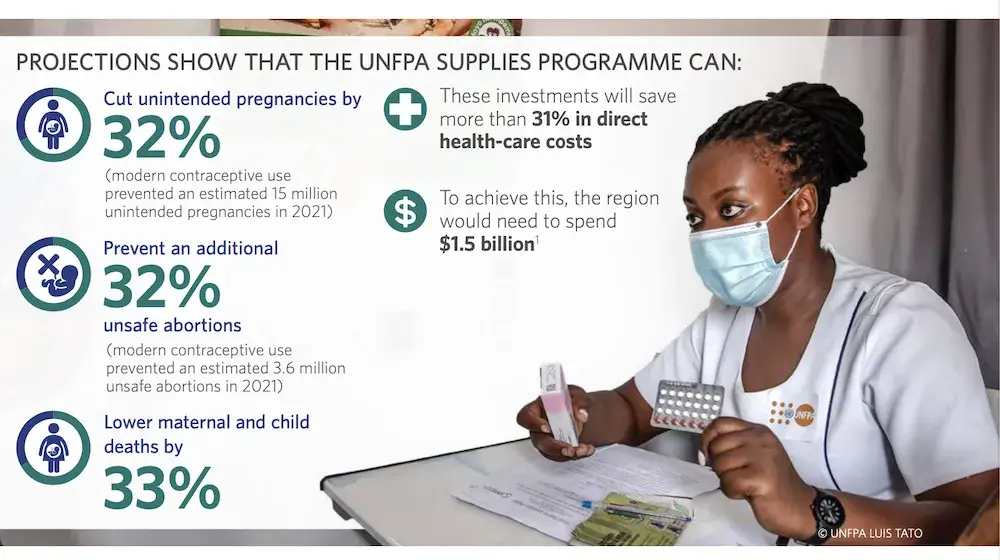The International Conference on Essential and Life-saving Commodities for Women and Children got underway in Nigeria this week to discuss the recommendations in a report by the UN Commission on Life-Saving Commodities for Women and Children.
The report was issued by the Commission in September this year. It contained 10 detailed recommendations for improving the markets for essential commodities; national systems for life-saving commodities; and improved integration of private sector and consumer needs relating to these. At the two-day Abuja conference, delegates from 15 countries including donors and civil society, will share their experiences and chart the way forward for turning these recommendations into reality.
The conference is to be followed by the launch of Nigeria’s national initiative, ‘Saving One Million Lives’, which aims to scale up investment in and the performance of the health sector in order to save the lives of women and children.
Nigeria’s Minister of State Health, Dr. Muhammad Ali Pate, expressed his gratitude to Nigerian President, Dr. Goodluck Ebele Jonathan, for his leadership role in the country and globally through the work of the Commission. Dr Jonathan currently serves as co-chair of the Commission, together with the Prime Minister of Norway, Jens Stoltenberg. The Commission is co-chaired by the Executive Directors of the United Nations’ Population Fund (UNFPA) and the United Nation’s Children Fund (UNICEF).
It was established to drive an ambitious agenda for making available to every woman and child, 13 commodities essential for their survival, well-being and good health. The Commission forms part of the UN Secretary-General’s campaign Every Woman, Every Child and plays an important role in strengthening national primary health care systems.
Dr. Pate praised the President for the unprecedented support given to the health sector and towards improving the health and wellbeing of women and children in Nigeria. The Abuja meeting is a culmination of a number of meetings and efforts by several countries and the global community at large to address a key constraint to improving the lives of women and children all over the world.
“We acknowledge other complementary efforts this year, such as the Call to Action in Washington D.C., the Family Planning Conference in the UK and the Global Health Summit in Norway,” Dr. Pate said. “These events have increased global awareness and helped raise the level of advocacy for an improvement in the welfare of women and children globally.”
Dr. Pate said the Final Report on the United Nations Commission on Life-Saving Commodities for Women and Children was submitted at the UN General Assembly. Discussions were held on the next steps for increasing equitable access to life-saving commodities and their appropriate use, which could save the lives of more than 6 million women and children around the world by 2015.
“We will be taking the first set of concrete steps towards making these recommendations a reality,” he said. “Over the next three days we will share information on the UN Commission, its recommendations and implementation plan; we will share best practices for increasing access to life-saving commodities and we will review the draft implementation plan, and reflect country priorities and needs.”
It is expected that in the next three days, Country Office technical teams and delegates will work together to discuss issues and challenges in providing access to under-utilized commodities and develop milestones and targets for the effective monitoring of implementation.
Nigeria is committed and believes that saving lives was the ultimate goal of collective efforts in the health sector, which should be the yardstick for measuring the country’s success in this endeavour, Dr. Pate said. The Nigerian Government has initiated a national programme aimed at ‘Saving One Million Lives’ by 2015, through equitably increasing access to, and utilization of, quality cost-effective basic health services and commodities. The initiative will be launched in this forum on 16 October, he said.
In his statement, UNFPA Executive Director Dr. Babatunde Osotimehin thanked the participants for their courage and commitment to help save the lives of mothers and children. In particular, he thanked the Government of Nigeria for organizing the meeting but mostly, for providing leadership in tandem with the government of Norway.
Dr. Osotimehin asked why women should die giving birth and why millions of children died prematurely. He said the participants could save 6 million lives by focusing on some usually low-cost but high-impact medicines. “Family planning alone can reduce one third of maternal deaths. Together with these low-cost maternal medicines, most maternal deaths can be averted.”
UNFPA is committed to moving the implementation plan forward, he said. The agency looked forward to hearing country presentations. UNFPA’s Country Offices would work with them to help implement them effectively.
“Let’s pledge that every country will have all of us working together to provide a continuum of care, to help governments achieve the MDG goals, particularly health-related goals.”





